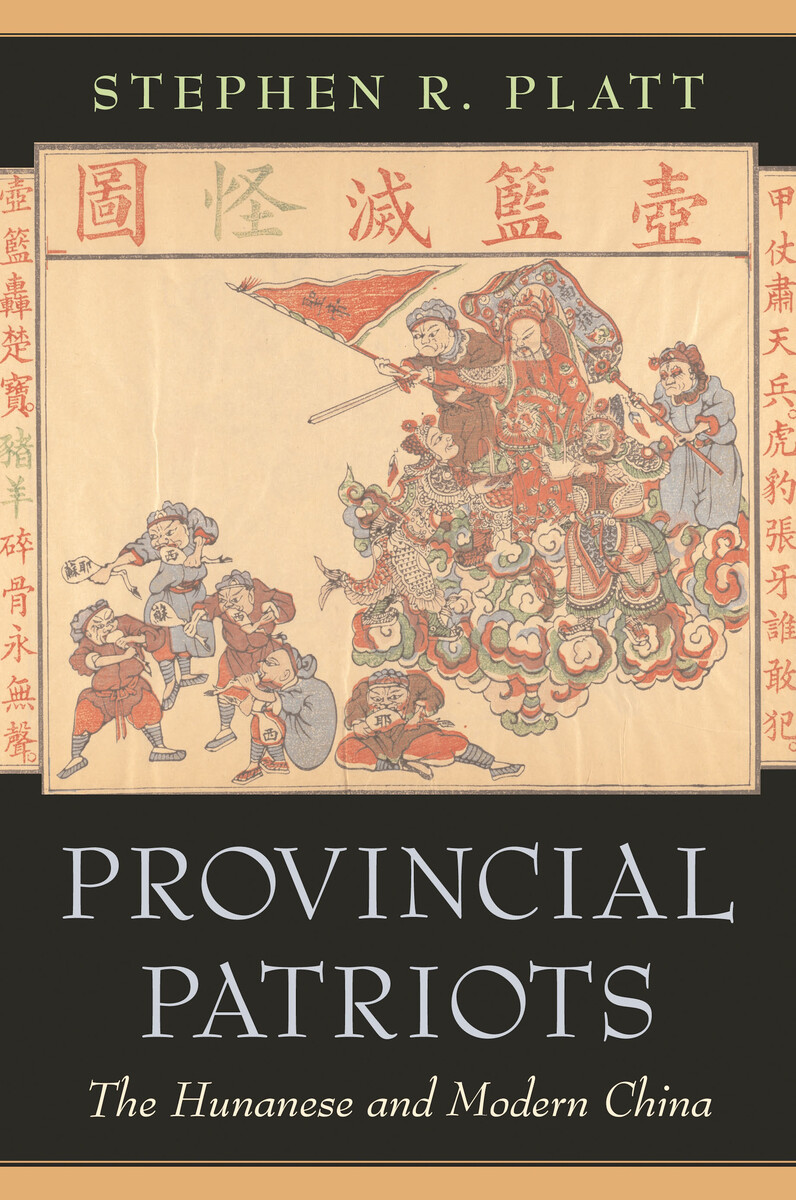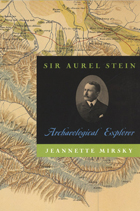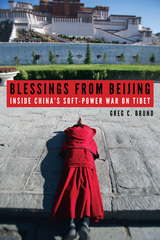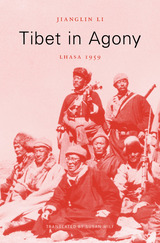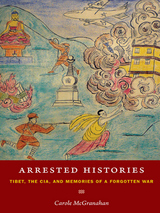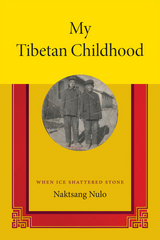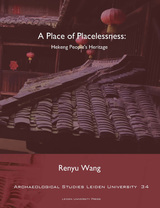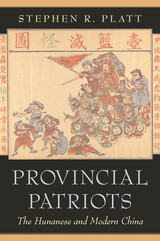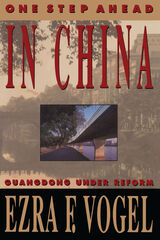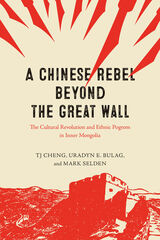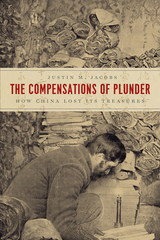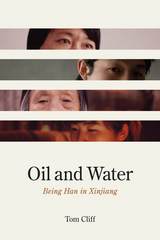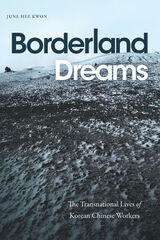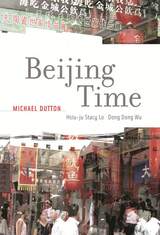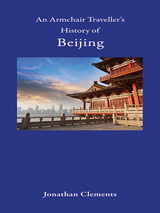For over a century, Hunan occupied a special place in Chinese history, as a suppressor of rebellion, a source of prominent provincial officials in the post-Taiping era, a leading center of late Qing reform, a major contributor to the 1911 revolution, and a supplier of top leaders in the China of Mao. In this rich intellectual history, Stephen Platt, for the first time, ties these disparate contributions together in a coherent narrative, paying special attention to the shaping role of the Hunanese thinker Wang Fuzhi. Engagingly written, Provincial Patriots presents Hunan not as a case study of modern Chinese history but as a challenge to the standard narrative of this history.
-- Paul A. Cohen, Harvard University
Stephen Platt has oriented the history of Chinese nationalism in a provocative new direction. His story of Hunan-one of those distinctive regions like Bengal or Scotland that have nurtured their own identity as fiercely as they have contributed to the construction of a wider nation-shows that we cannot understand the history of modern China without taking regional identities seriously. Based on a breathtaking array of sources and written with luminous clarity, this is a powerful book by a major new voice.
-- Rana Mitter, University of Oxford
In an illuminating book, Platt traces modern Chinese history from the perspective of Hunan-relatively free of foreign influence and home to many extraordinarily prominent figures, from Ming loyalist Wang Fuzhi to Mao Zedong. He shows that for many Hunanese the province took precedence over the nation, radically undermining nationalist narratives claiming the inevitability of China's historical trajectory from empire to nation-state.
-- Joanna Waley-Cohen, New York University
The specifics of how a national concept of China could have grown from the inside out have been only partly explored. Platt's study provides many valuable pieces of the puzzle, as he persuasively demonstrates the relationship of local roots to national fruit. His brisk and focused portrait of Hunan illuminates the transition from empire to republic in new and effective ways.
-- Pamela Kyle Crossley, author of The Manchus
Platt's pioneering and detailed reconstruction of the cult of Wang Fuzhi puts the long familiar icon of late Qing anti-Manchu nationalism in an entirely new light. This provocative and elegantly argued book makes a major contribution to our continuing efforts to understand the big issues of tradition, modernity, province, and nation in modern China.
-- Don C. Price, University of California, Davis
Students of Chinese nationalism have usually treated provincial pride as a threat to a collective national identity. Platt, however, argues that provincial patriotism can be compatible with national identity. Indeed, in the case of Hunan loyalty, provincial identity has even contributed to greater national loyalty: The Hunanese led most of the efforts to modernize China. It was a Hunanese regional army that suppressed the Taiping Rebellion, and the Hunanese were more active than even Sun Yat-sen was in organizing the 1911 Chinese Revolution. A quarter of the first Communist Politburo was Hunanese, including Mao Zedong. Platt begins with a review of the influence that the seventeenth-century Hunanese historian Wang Fu-chih had in establishing a school of thought about Hunanese identity. The rediscovery of Wang set the stage for thinkers to champion Hunanese nationalism as a model for modern Chinese nationalism.
-- Lucian Pye Foreign Affairs
